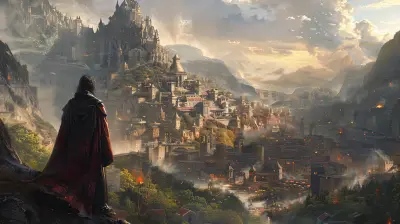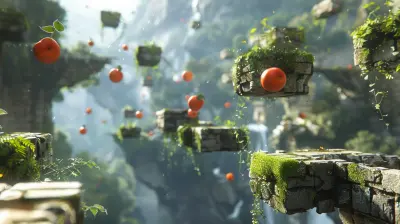From Fetch Quests to Epic Sagas: Mission Types Explained
8 August 2025
Gaming. It's not just about pressing buttons or finishing levels—it's about the stories we live, the choices we make, and the adventures we never forget. Whether we're collecting ingredients for a village herbalist or slaying an ancient dragon to save the world, the missions we take define our journeys. Today, we're diving deep into one of the most overlooked but essential elements of any game: mission types.
You’ve probably done a ton of them. Some made you yawn, others had your heart racing. But have you ever stopped to think about how different types of missions shape your gaming experience? From the humble fetch quest to the adrenaline-pumping epic saga, there's a surprising amount of beauty behind the design.
So, buckle up. Let's pick apart these missions, one quest at a time.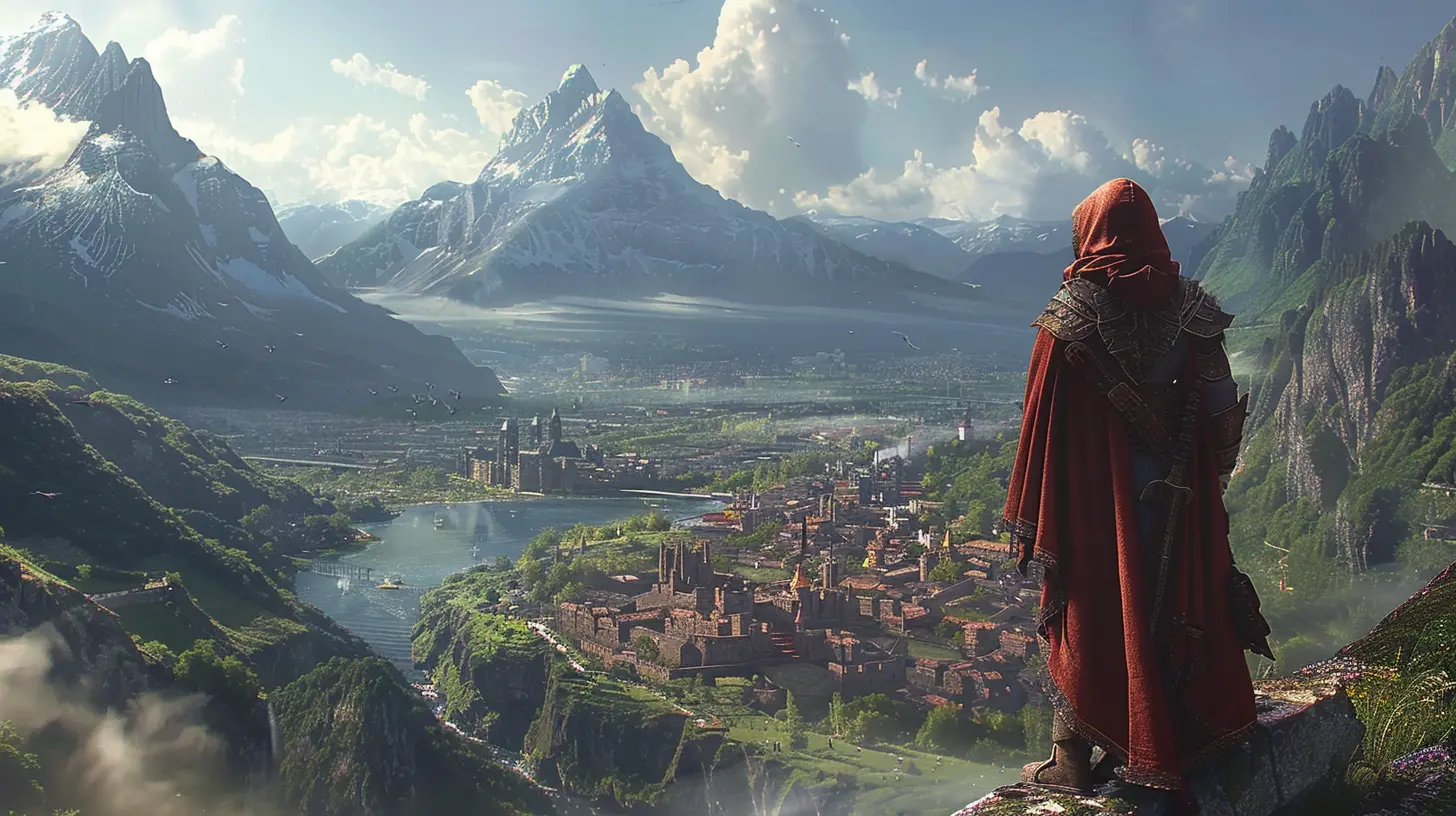
The Humble Beginnings: Fetch Quests
Ah yes, the infamous fetch quest. If you’ve played any RPG for more than ten minutes, you’ve probably been asked to "collect 10 wolf pelts" or "find my missing necklace."What Exactly Is a Fetch Quest?
It's as basic as they come—go here, find this, bring it back. They're straightforward, often repetitive, and sometimes the butt of many gamer jokes. But y’know what? These little missions are the bricks that build bigger worlds.Why Do Developers Use Them?
Think of fetch quests as the vegetables of game design. They’re simple to implement, great for pacing, and often used to introduce you to environments or mechanics. They're like small talk at a party—nothing grand, but necessary before diving deep.Making Fetch Quests Fun
Great games know how to spice them up. Maybe there's a twist—you have to sneak past guards. Maybe it’s time-sensitive. Or maybe, just maybe, the object you're fetching reveals a secret that changes everything. Boom. You're hooked.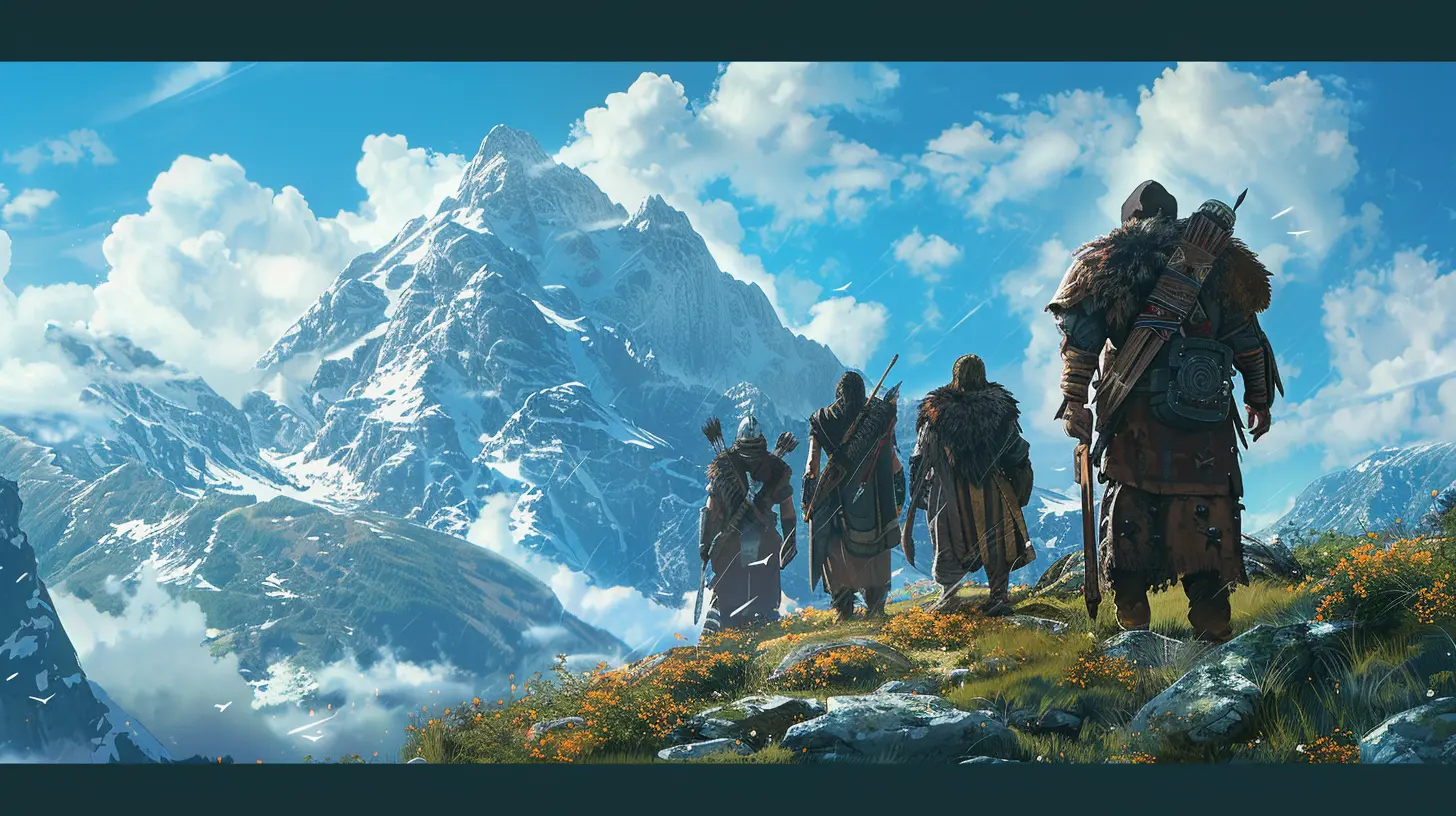
Escort Missions: The Babysitting Blues
Raise your hand if you’ve ever shouted at your screen because an NPC walked straight into danger. Escort missions are... special. They test your patience, your protective instincts, and sometimes your sanity.What Makes Them Tick?
Escort missions involve guiding a non-playable character (NPC) safely from one point to another. Sounds easy, but they’re often vulnerable, slow, and as clueless as a headless chicken. And yet, they exist for a reason.Why Are They So Challenging?
They're high stakes without the glamour. You’re usually protecting someone squishier than a marshmallow in summer. It’s not about fighting harder—it’s about thinking smarter and sometimes, managing frustration.When They're Done Right
Games like The Last of Us flipped the script. Ellie wasn't a burden; she fought back, knew when to hide, and added emotional depth. Suddenly, the “escort” became a companion. That’s how you elevate the trope.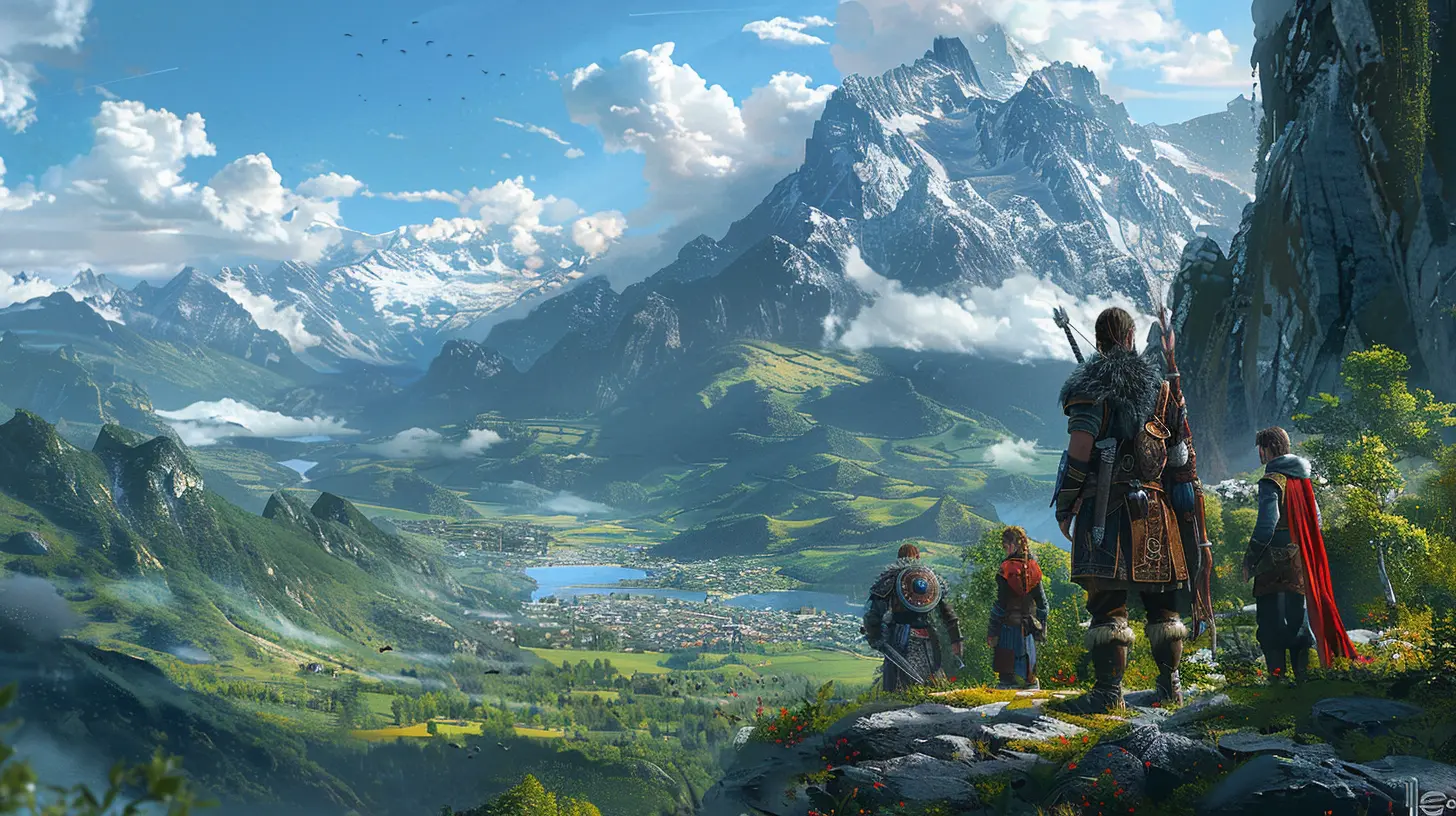
Kill Quests: The Combat Dances
Now we’re talking action. Kill quests are the bread and butter of most combat-driven games. “Eliminate 5 goblins,” “Neutralize the outpost,” “Assassinate the general.” You know the drill.They're Simple, But Satisfying
Let’s face it—we play games to feel powerful. Kill quests tap right into that primal need. They test your combat skills, weapon mastery, and sometimes your strategy.More Than Just Numbers
The best kill quests aren’t about body counts—they're about why you're fighting. Maybe you're avenging a fallen ally. Maybe you're protecting a village. When there's emotional weight, every swing of the blade matters.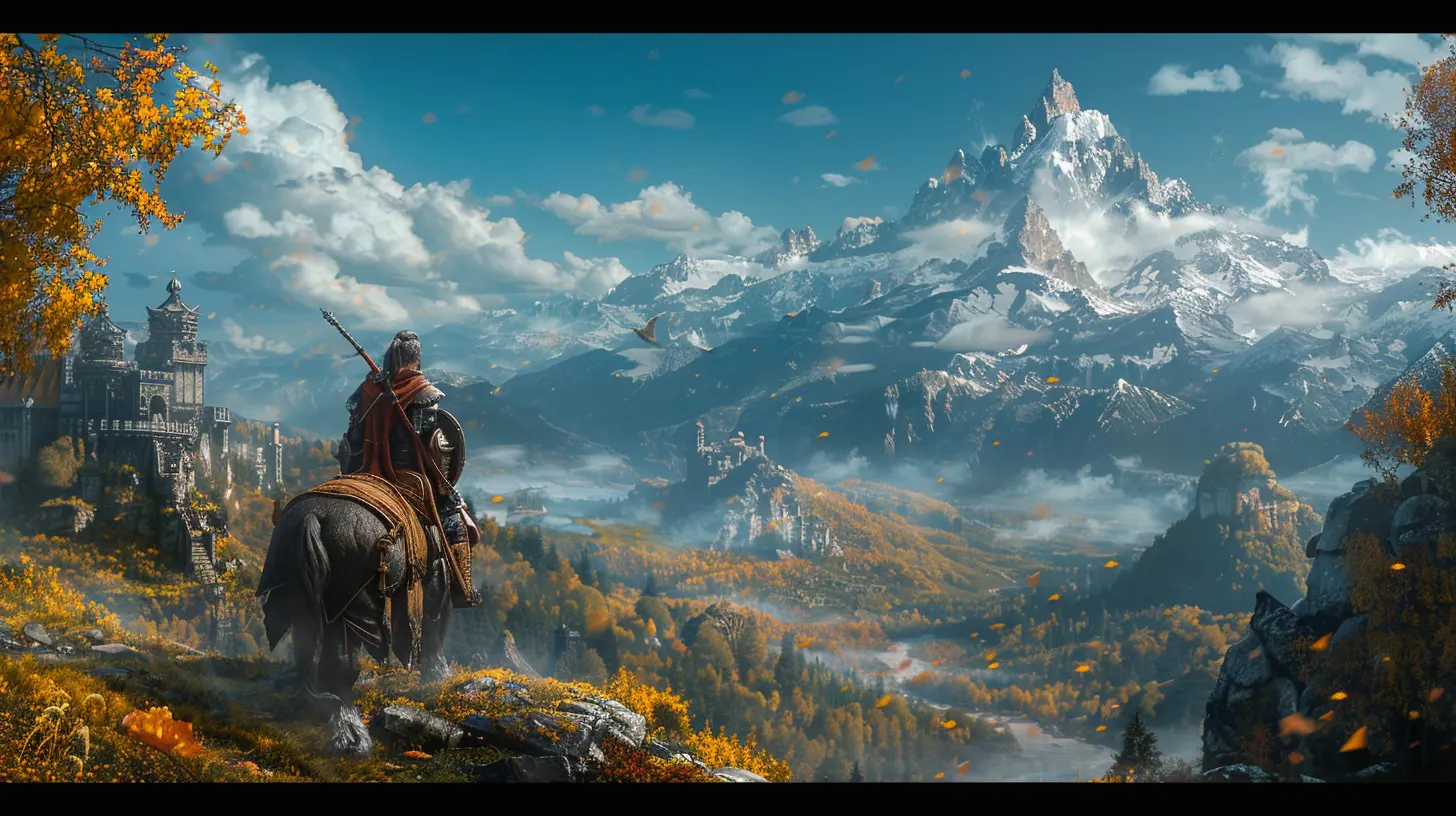
Puzzle Missions: The Mind Games
Getting tired of swinging swords? That’s where puzzle missions swoop in for some mental gymnastics.A Test for Your Brain
Whether it’s aligning mirrors to open ancient doors or cracking codes to disable an enemy's defenses, puzzle missions break the monotony and make you think. They're like brain yoga in your gaming routine.When They Shine
Great puzzle missions are balanced between challenging and rewarding. Think Portal, where the puzzles are the game. Or The Legend of Zelda, where figuring out dungeon mechanics gives you major “Aha!” moments.Time-Sensitive Missions: The Clock is Ticking
There’s something about a timer on the screen that makes your palms sweat a little faster and your heart beat a little louder.Stressful, But in a Good Way
Time-sensitive missions add urgency. Maybe it’s defusing a bomb, escaping a crumbling temple, or rescuing someone before it’s too late. Whatever the reason, these missions crank the tension up to 11.High-Risk, High-Reward
These missions often feel the most intense. You make quicker decisions, sometimes reckless ones. And when you pull it off just in time? That feeling is pure gold.Stealth Missions: Shadows and Silence
Here’s where patience becomes your best weapon. Stealth missions are all about precision, timing, and staying cool under pressure.The Thrill of Invisible Movement
Whether you’re sneaking through enemy territory in Metal Gear Solid, or pickpocketing unsuspecting guards in Assassin’s Creed, stealth missions reward the silent and punishingly punish the loud.Why We Love The Quiet Approach
There’s an elegance to stealth. You feel clever, like a ghost whispering through the battlefield. And when it clicks? It’s as satisfying as nailing a headshot from across the map.Exploration Missions: Let Curiosity Lead
Not all missions need objectives with exclamation points. Sometimes, the goal is just to see—to walk, to ride, to fly through lands unknown.The Beauty in Wandering
Games like Skyrim or Red Dead Redemption 2 let you get lost. And sometimes, getting lost is the mission. You find hidden caves, strange NPCs, or side stories richer than the main plot.The Payoff isn’t Always Obvious
Exploration missions reward the curious. They're the game whispering, “Go ahead. Wander.” And when you stumble across something magical? That moment becomes yours—unique and unforgettable.Narrative Quests: Where Emotions Run Deep
Now we're getting into heart-clenching territory. Narrative quests are the soul of story-driven games. These are the missions that make you feel.Driven By Emotion
They’re not just about what you do, but why you do it. Maybe you're making a moral choice that affects the world. Maybe it's a personal story about loss, love, or revenge.They're Game-Changers
Think of missions like the one in Mass Effect 2 where you choose which squad member to sacrifice. Or The Witcher 3’s "Bloody Baron" questline—an emotional rollercoaster that dives into dark, human themes. These aren’t just missions. They're milestones.Epic Sagas: The Pinnacle of Storytelling
Now we’ve arrived at the top. The granddaddy of them all. Epic sagas are the main quests that define a game. They’re long, layered, and emotionally intense.What Makes Them Epic?
It’s scale. It’s stakes. It’s the kind of mission that spans multiple locations, involves unforgettable characters, and builds up to climactic moments. Think of Final Fantasy, or the battle of Hyrule in Breath of the Wild. These quests are what legends are made of.The Emotional Journey
An epic saga isn’t just a checklist of objectives—it’s a transformation. You start as a nobody. You end as a hero, a leader, a legend. These missions are the reason we play, the reason we remember, and the reason we come back.Dynamic Mission Types: When Games Break the Mold
Let’s not forget—some of the best missions defy expectation. They mix and match types, shift in real time, or change based on your choices.Procedural and Adaptive Quests
Games like No Man’s Sky or Minecraft generate missions dynamically. You’re not following a script—you’re writing one. That’s next-level immersion.Multi-Stage Missions
What starts as a simple fetch quest might turn into a betrayal, a rescue, and a full-on siege. When mission types evolve mid-game, it feels organic—like the world is alive and reacting to you.Why Mission Variety Matters
Imagine eating pizza every day. Sure, it's amazing at first—but without variety, even cheese gets boring fast. Mission design works the same way. Variety keeps the gameplay loop fresh, and each mission type adds its own flavor to the overall experience.
Final Thoughts: What Missions Mean to Us
From the first apple you collect for a farmer, to the final battle against a god-king, missions tell our stories. They're more than tasks—they're emotional touchstones. Some make us laugh, others make us rage, and a few? They stay with us forever.So next time you're knee-deep in a mission, take a second to really feel it. Ask yourself, "Why am I doing this? What’s this adding to my journey?"
Because in the end, missions aren't about objectives on a screen. They're about the memories you make along the way.
all images in this post were generated using AI tools
Category:
Quests And MissionsAuthor:

Lana Johnson
Discussion
rate this article
2 comments
Edward Pacheco
Mission types reflect our desire for connection and purpose; each quest, whether mundane or grand, shapes our gaming journey.
February 6, 2026 at 3:57 PM
Zayne Nelson
This article effectively breaks down mission types in gaming, highlighting their evolution from simple fetch quests to complex narratives. Great analysis!
August 24, 2025 at 5:02 AM

Lana Johnson
Thank you! I'm glad you enjoyed the analysis and found it insightful.
